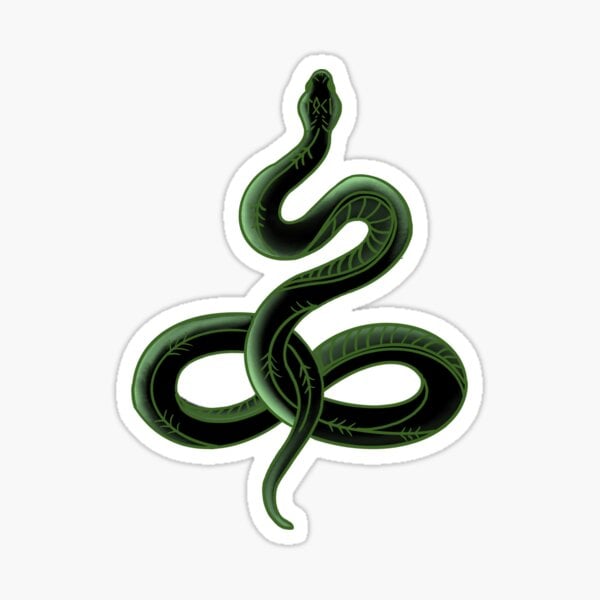

PS it’s French, so not very intuitive in its spelling:
Coup d’état


PS it’s French, so not very intuitive in its spelling:
Coup d’état


Your last point may well be true; but have you checked out the TST tenets?
I
One should strive to act with compassion and empathy toward all creatures in accordance with reason.
II
The struggle for justice is an ongoing and necessary pursuit that should prevail over laws and institutions.
III
One’s body is inviolable, subject to one’s own will alone.
IV
The freedoms of others should be respected, including the freedom to offend. To willfully and unjustly encroach upon the freedoms of another is to forgo one’s own.
V
Beliefs should conform to one’s best scientific understanding of the world. One should take care never to distort scientific facts to fit one’s beliefs.
VI
People are fallible. If one makes a mistake, one should do one’s best to rectify it and resolve any harm that might have been caused.
VII
Every tenet is a guiding principle designed to inspire nobility in action and thought. The spirit of compassion, wisdom, and justice should always prevail over the written or spoken word.
For notes, I really like Joplin, fwiw.
Iirc, the word “prove” in this context is the archaic definition “test” e.g. the proving ground. This would imply the original meaning of the phrase is in fact the opposite of how it is normally used today: "the exception proves the rule "means ‘an exception tests [whether or not it is] a rule.’ As you say, people now use it in this strange fashion where the existence of counter evidence somehow proves the point